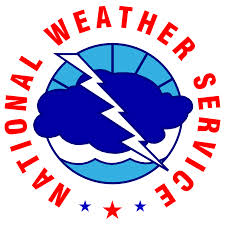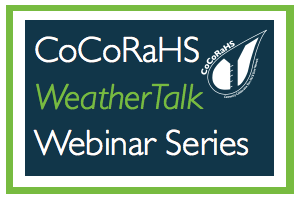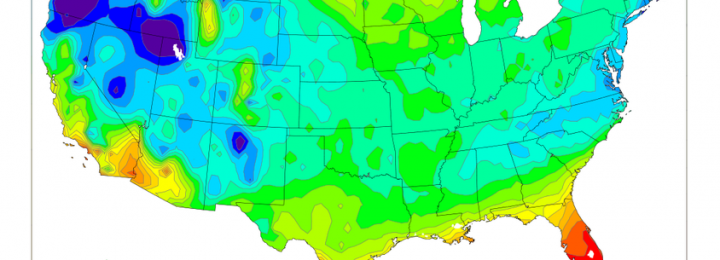Sources of weather and climate data
-

The Climate Prediction Center and numerous other groups are warning of a potential winter storm which is expected to impact parts of the Southeast early next week. The forecast models are in agreement that a significant winter storm is likely to occur, although they are still evolving on which areas will experience snow and which…
-

The National Weather Service has just announced a new “experimental” forecast app for smartphones that may make it easier to make short-term decisions on what to do around the farm and when to do it. This app provides a variety of weather-related information in an easy to use format which adapts to your screen size.…
-

If you are interested in learning more about agricultural meteorology, you may be interested in joining this one-hour webinar offered by the CoCoRaHS folks. It is going to be held online on February 26 at 2 pm Eastern Time. You can register at https://www.cocorahs.org/Content.aspx?page=wxtalk. You don’t have to be a CoCoRaHS observer to register. It will…
-

The preliminary summary for climate conditions in the Southeast for January is in, and shows that for most of the region, temperatures were cooler than normal and precipitation less than normal. For precipitation, the exception was eastern North Carolina, which was impacted by the coastal storms which developed in the Atlantic and tracked up the…
-

A new GIS-based data viewer for normals is now available from the National Climatic Data Center. You can visit it at https://gis.ncdc.noaa.gov/map/viewer/#app=clim&cfg=cdo&theme=normals&layers=01&node=gis&extent=-149.3:20.2:-60.1:69.6&custom=normals The viewer allows you to choose a variety of normals options for National Weather Service cooperative stations around the country. A screen shot is shown below.
Posted in: Sources of weather and climate data -

Winston Eason of Clayton County wrote me this morning asking about finding maps for average chill hours for a class he is teaching on backyard fruit trees and orchards. So far I have not been successful in finding a Georgia-specific map on average chill hours, but I did run across several other sources of information…
-

I’m pleased to announce that there is a new web site for Georgia Climate available at https://www.gaclimate.org. When you visit, you will notice that this blog has a prominent place on the top of the home page. Inside the web site you will find a variety of information on Georgia climate and a number of…